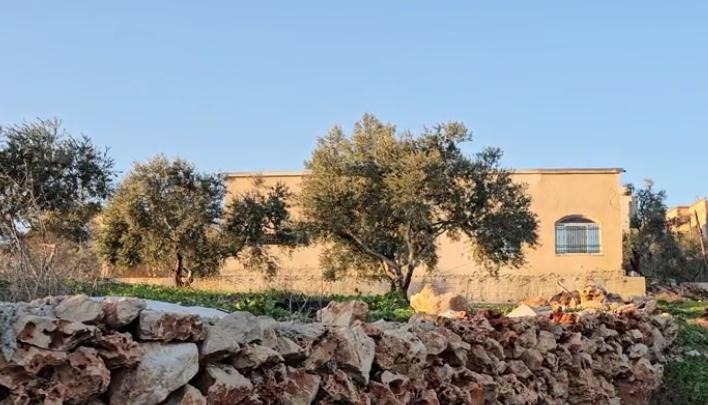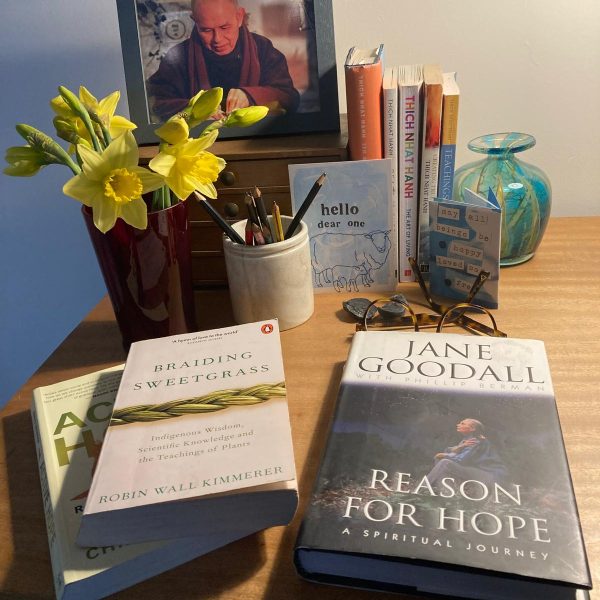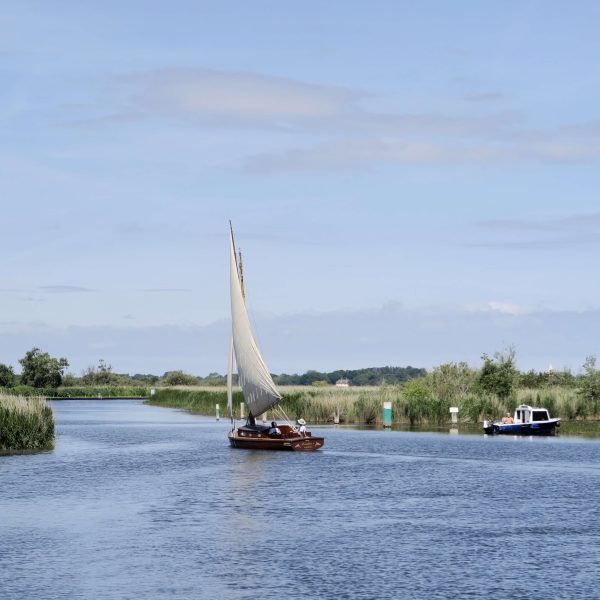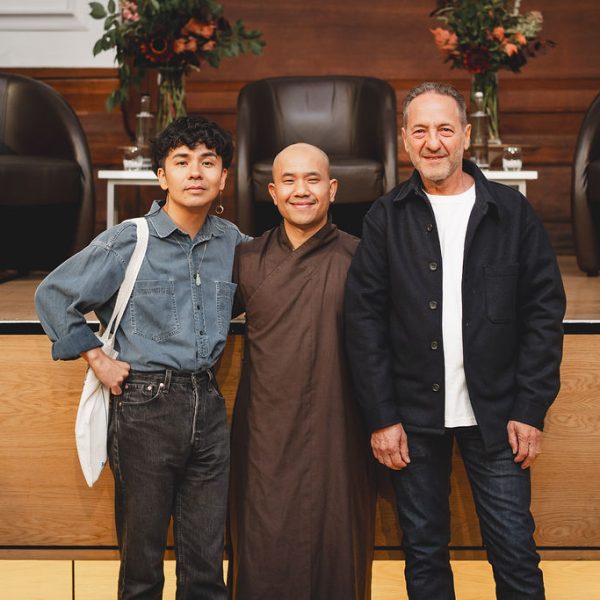Ubuntu and Interbeing: A Buddhist Call for Love in Action

Black History Month 2025
by rehena Harilall (she/we) / True Deep Source
rehena Harilall / True Deep Source (she/we) an Order Member and aspirant Dharma Teacher in the UK. Rooted in both African and Asian heritages, her path of healing and peace was shaped by growing up under apartheid South Africa. Her reflections have appeared in Lion’s Roar and Mindfulness Bell.
In 2024, she initiated the Plum Village UK petition to Prime Minister Rishi Sunak calling for an end to the genocide in Gaza, and, together with Quakers in Britain, orchestrated two Multi-Faith Silent Peace Walks in London, calling for justice, peace, and an end to war’s destruction of life in Gaza and beyond.
In April–May 2025, she travelled to Palestine for the opening of the Garden of Hope and visited communities across the West Bank to bear witness to the daily realities of occupation and oppression.
While US Black History Month is widely recognised, its UK counterpart often feels like a sidestory— nodding to a few familiar heroes while the deeper truths of colonial exploitation remain in the shadows. Black history is not a footnote — it is Britain’s foundation, built on enslaved labour, resources of the colonised and stolen Indigenous lands. Empire’s profits still circulate, carrying the dust and blood of ancestors absent from history books.
Britain celebrates the abolition of slavery, yet incurred massive debt to compensate slave owners — a debt only settled in 2015. Descendants of the enslaved, including me, helped repay families who profited from our stolen lives.
My Indian ancestors lived in Bodhgaya before colonial railways displaced them to export wealth to Britain, then were shipped across the feared kala pani (black water) as indentured labourers growing sugar cane in South Africa. My African lineage bears slavery’s wounds — severed from land, language, and community. These streams converge in me, marked by empire’s hunger.
Growing up in apartheid South Africa, I learned justice is not granted by the powerful but built through the courage and solidarity of the oppressed. As long as we divide and “other” one another, none of us will be free.
One of empire’s most insidious tools is dehumanisation: convincing oneself that others are “less human” — less deserving of dignity or life — makes seizing land, stripping resources, and appropriating cultures easier.
This logic is not confined to history. It lives in our communities, our sanghas, within us still — in subtle assumptions about whose voices matter, whose skills are rewarded, whose stories remembered, whose suffering recognised. These are the seeds of imperial thinking we must transform to cultivate beloved communities.
Liberation as Love in Action
Dharma practice teaches that liberation is inseparable from love — for people, for land, and for the futures we imagine. Liberation and inclusive communities require transforming the structures and unconscious narratives that perpetuate oppression.
We pause with gratitude for those who sacrificed for freedom, whose courage resisted inequity. We breathe with our land, spiritual and genetic ancestors, seeking guidance to dismantle the ignorance that still hinders liberation.
Thich Nhat Hanh reminds us to “look deeply” into suffering’s roots — and the conditions for its transformation. Colonialism and imperialism were interlocking systems: plantations and the slave trade, the partition of India, the Trail of Tears, today’s land seizures in Gaza. The logic is the same: dehumanisation to seize land, strip resources, sever people from Earth.
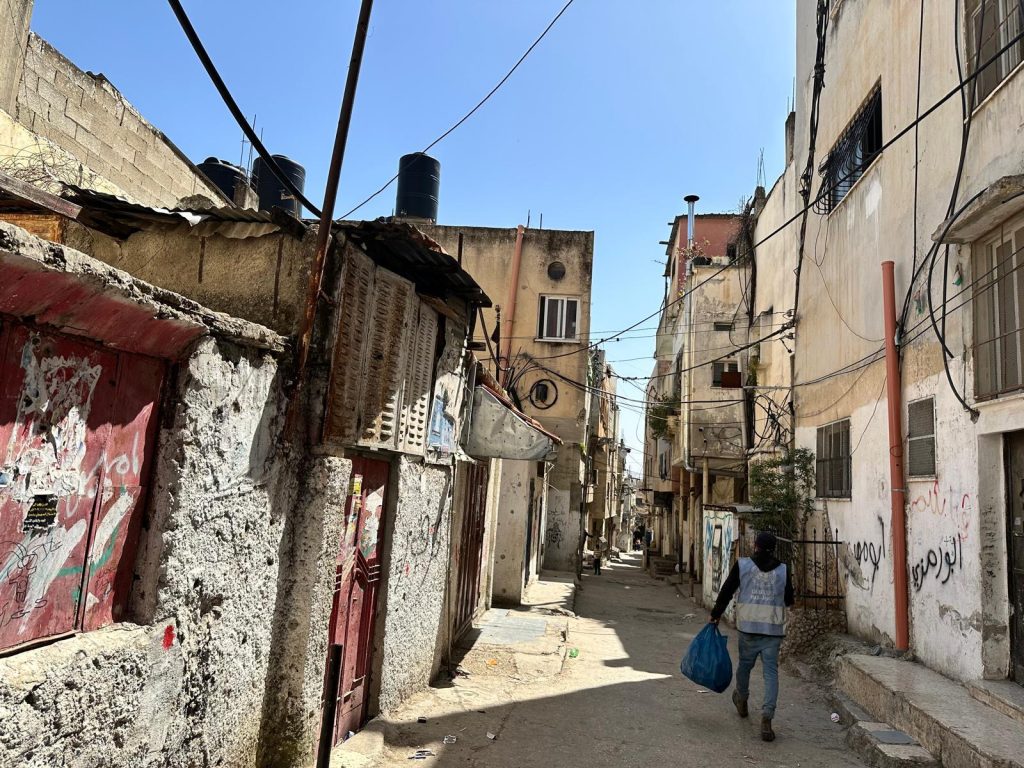
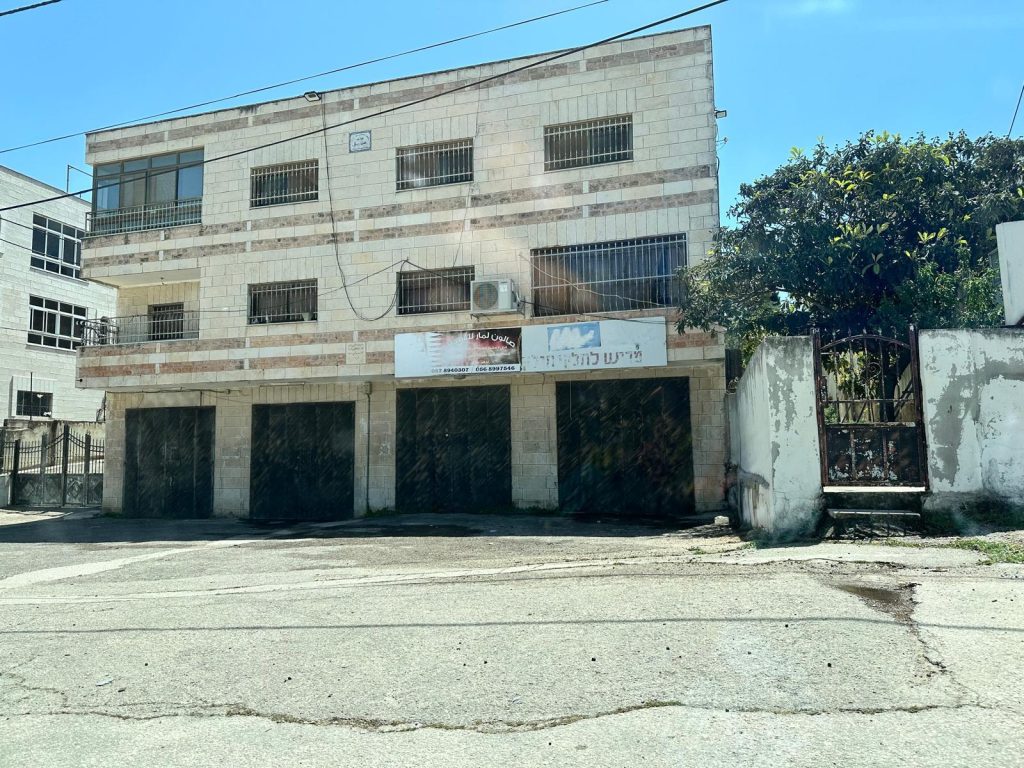
But resistance rose up: women of India’s Chipko tribe marrying trees, Palestinians defending olive groves, Indigenous people protecting forests and water. Genocide is ecocide — a war on people and the Earth. Different lands, different times — the same truth: protecting land is protecting life.
In the West Bank this year I witnessed a magnified, modernised apartheid: checkpoints, separations, weapons, drones, grenades destroying homes — all in the name of “peace.” Possibly the only Black Buddhist and Plum Village practitioner there — a South African who grew up under apartheid — I bore witness, steadied by resilience, carrying the strength of my ancestors and Plum Village practice. I saw again the eternal truth: freedom anywhere must be freedom everywhere.
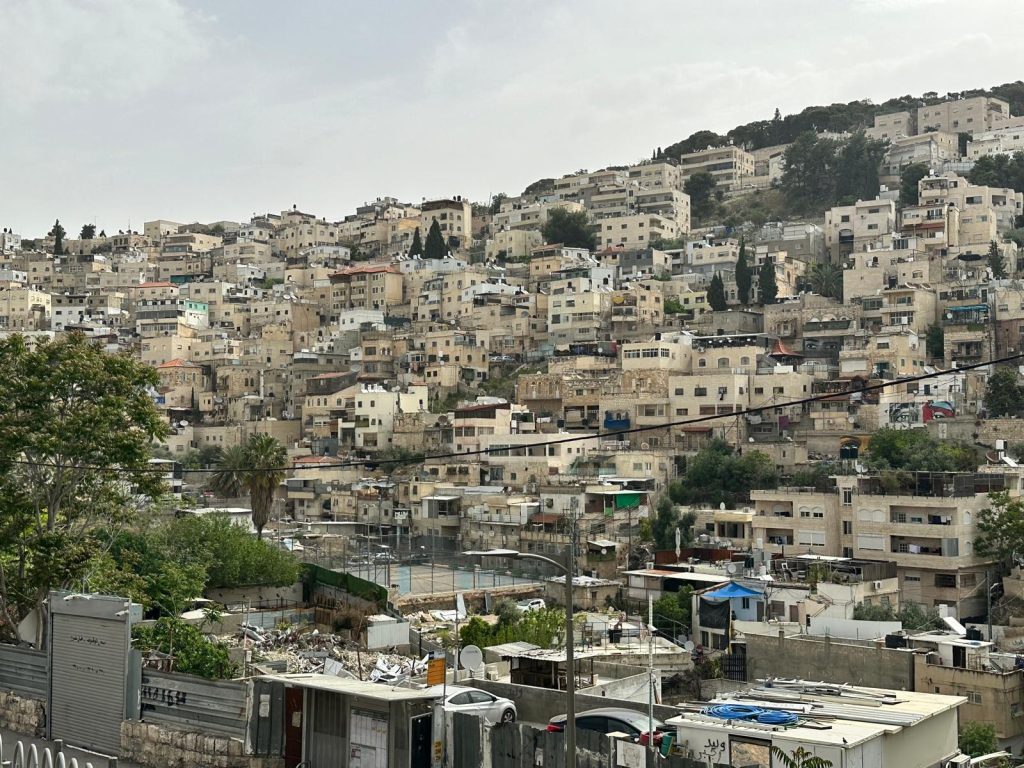
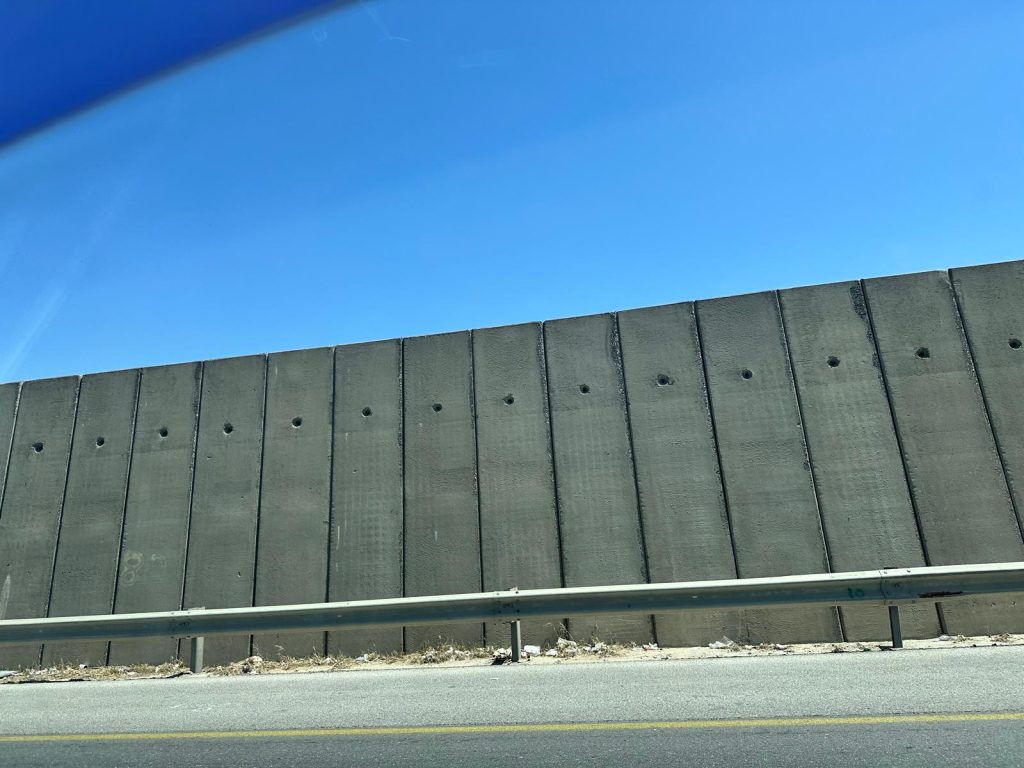
Nelson Mandela said: “Our freedom will be incomplete without the freedom of the Palestinian people.” This truth is also the Bodhisattva’s path: our own awakening and liberation remain incomplete while others remain in suffering.
Ubuntu teaches: “I am because we are.” Ubuntu and Interbeing echo one another: to harm one is to harm all. To see interconnectedness yet turn away from suffering does not deepen insight — it dilutes it. Both teachings demand compassion lived as action.
Reparations are not only financial; they are acts of re-pair — mending broken relationships with each other and with the Earth itself. The wounds of people and planet are interwoven poisoned rivers and stripped forests mirror stolen lives. We cannot “care for the Earth” while ignoring empire, colonialism, militarism, and racism — nor “end racism” while polluting the water and soil of communities of colour. Repair is not charity. It is karmic responsibility.
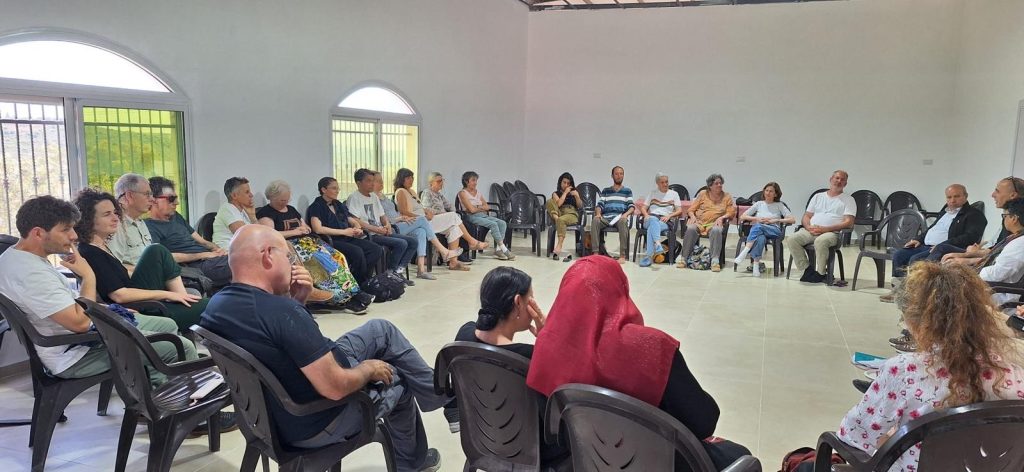
A Call to Remember, Act — and Find Joy
We often imagine the Buddhist sangha as a refuge free of worldly flaws. Yet just as Christianity was misused to build empire, Buddhism too can be used to mask greed, aversion, and ignorance. The Dharma does not float above society untouched; it absorbs the flawed narratives of our time.
Sanghas carry the same patterns of power and exclusion as wider society. Belonging to one does not guarantee inclusion, nor does reciting mindfulness trainings dissolve racism, sexism, or imperial patterns. Dharma language can also silence and oppress — phrases like “we are all one” or calls for “neutrality” may close transformation rather than open it, reinforcing “good person” narratives.
This is not condemnation but clear seeing: sangha is made of humans — flawed, yet capable of change. Only by recognising and transforming how bias and exclusion live within our practice spaces can we truly embody the beloved community we aspire to build.
Our 10th Mindfulness Training of the 14 Mindfulness Trainings reminds us: “not taking sides” does not mean refusing to act. Our ethical position must be clear — nonviolence, protecting life, refusing harm. Neutrality in the face of oppression risks becoming delusion.
In practice, we are called to look deeply — to see where our silences shelter us from the discomfort of transformation, and ask whether that silence is rooted in fear, convenience, or compassion. Nonviolence is not passive; it is an active choice to protect life without causing harm. When our words and actions are grounded in loving nonviolence, we resist without dehumanising, refusing to perpetuate greed, hatred, and delusion.
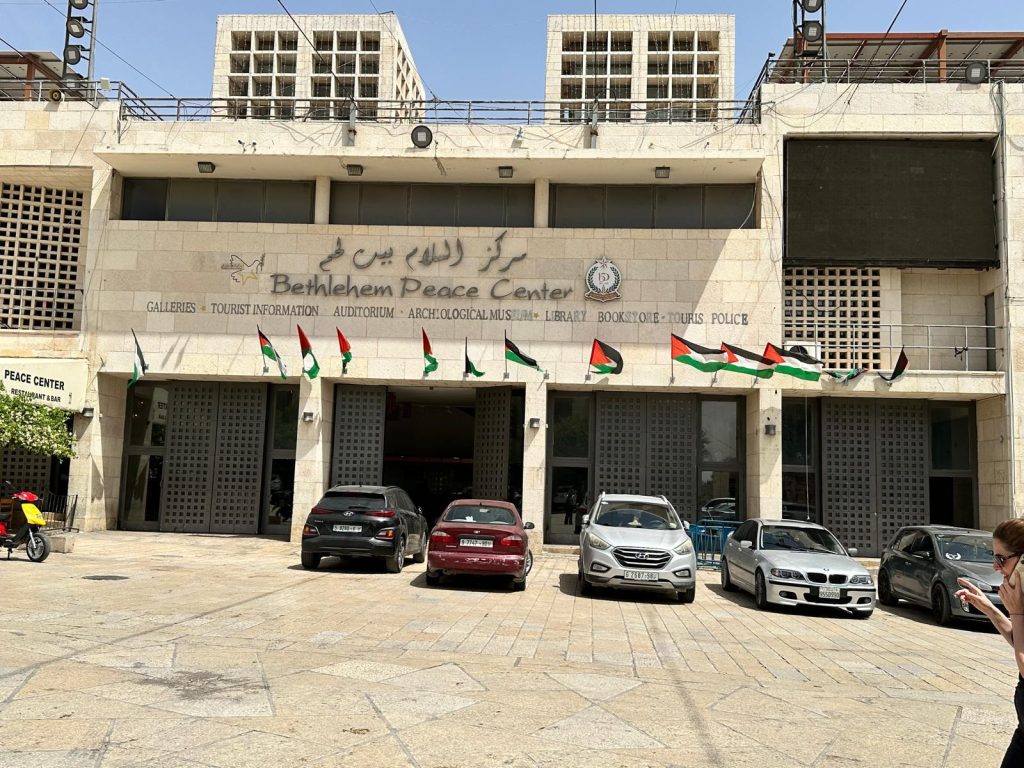
Mindfulness grounds us in clarity. We practise not to hate those who hate, but to open the heart again and again. Our enemies are greed, hatred, and delusion — never one another. Love in action is standing for life, speaking truth with compassion, resisting without dehumanising.
Let this month be more than remembrance: learn the histories Britain prefers to forget and stand accountable wherever lives and lands are under threat. Our freedom is bound with Palestine’s freedom, and with all peoples struggling for dignity. To honour this truth is to stand for life — Palestinians, Sudanese, Haitians, migrants and refugees — and to stand against imperial machinery of colonisation, genocide, and displacement. Naming truth is the first step in healing.
Avalokitesvara (Kuan Yin), often depicted seated with one leg extended, ready to act, shows compassion is never passive. Compassion listens — then acts, free of self-interest. Like Avalokite?vara, we must listen deeply — and then act.
Bhikkhu Bodhi warns that if Buddhists do not join the struggle for a just world, the Dharma risks becoming marginalised — a lifeboat admired while the ocean of suffering rises.
Be engaged in change — not only when visible, but on daily life when no one is watching. Practise loving resistance in speech, work, and choices.
Build kinship — seeing your freedom bound with the freedom of others. True allyship requires the courage to act imperfectly, to learn from missteps, and to choose solidarity over the comfort of appearing good — or remaining frozen in inaction.
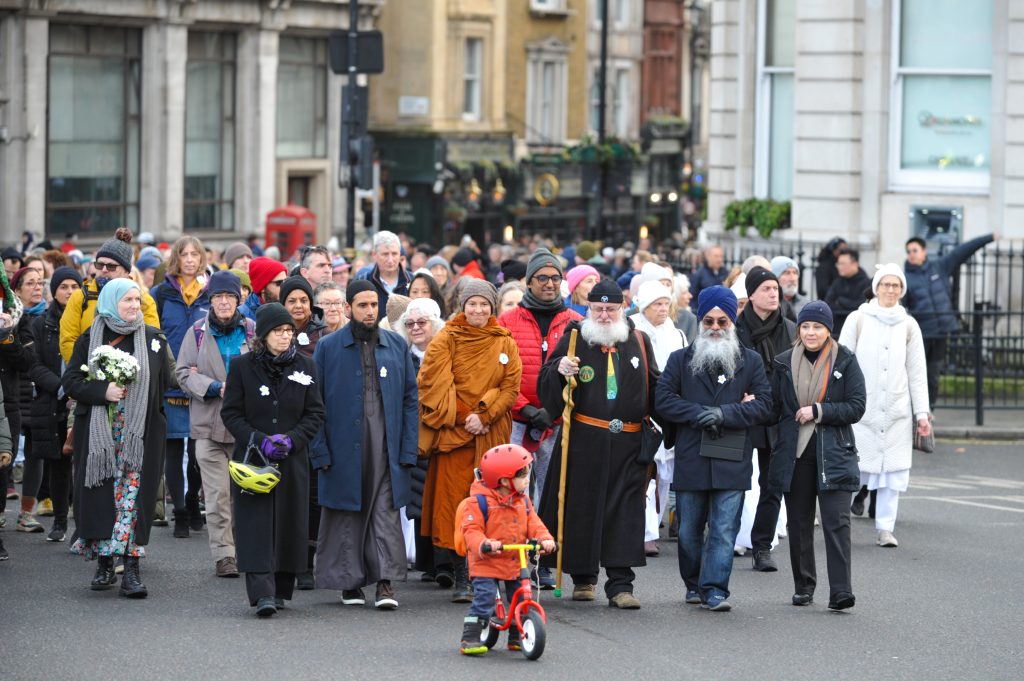
Gather in sangha — true community — to hold both the grief of trauma and the joy of healing. Sangha is more than a meditation circle; it is refuge rooted in ethical clarity. If we soften the call for justice to preserve surface harmony, it may appear peaceful, but it is not true refuge. A living sangha does not have to be perfect but must have the courage to bear suffering and the integrity to enact change together in love.
Joy is part of that courage. Joy is not a luxury; it is resistance — planting seeds we may never sit beneath, singing under leaking tin roofs, the scent of cardamom saying: we are still here! Archbishop Tutu’s laugh under apartheid was not denial but defiance — an insistence on humanity.
Liberation — human, ecological, and spiritual — is not seasonal. It is the work of our lifetime.
“In the course of history, there comes a time when humanity is called to shift to a new level of consciousness — to reach a higher moral ground.” — Wangari Maathai
That time is now!
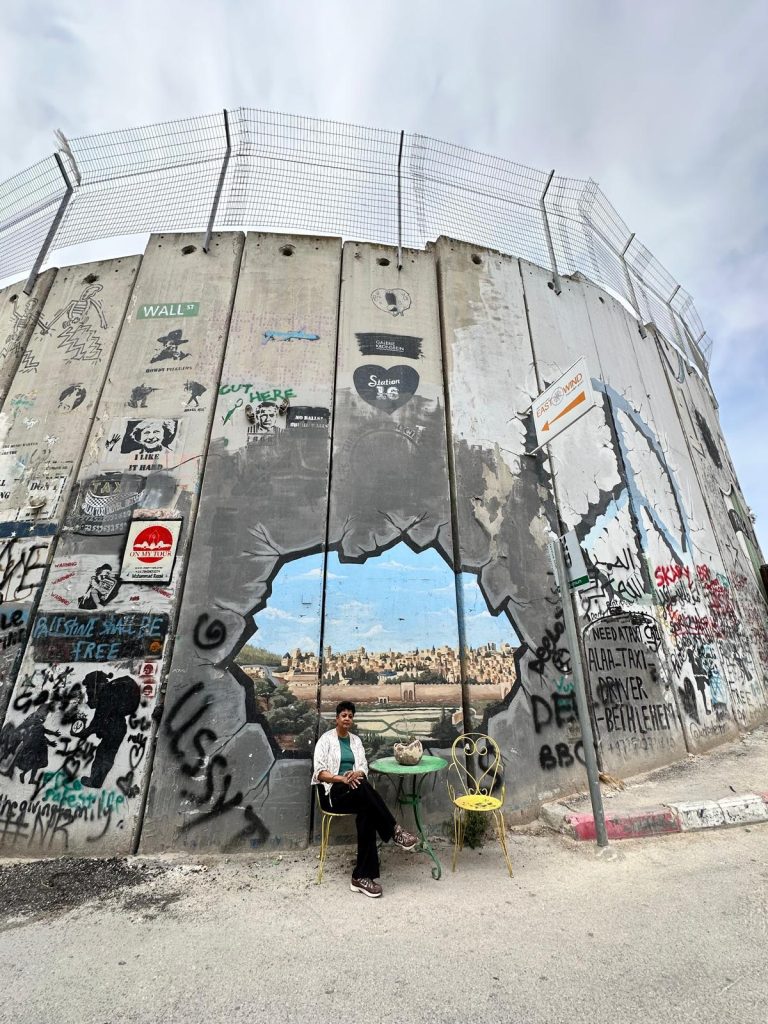
photos by: rehena Harilall
cover photo: Garden of Hope, Mindfulness and Trauma Centre, Haris, Salfit, Nablus, West Bank, Palestine. Still a work in progess but officially opened in April 2025

